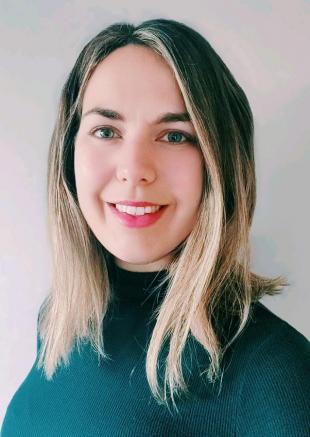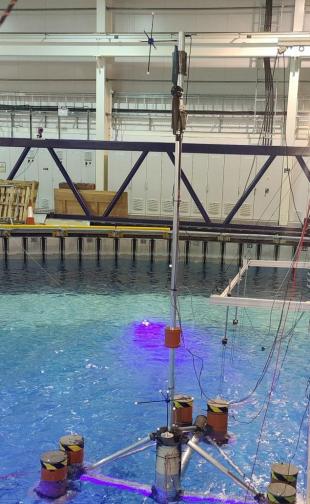About Tegan
Tegan had worked in industry for many years, initially working on aircraft before finding herself at Jaguar Land Rover focused on power systems and electric vehicles. Alongside this she undertook a part time MSc, conducting a final project on modelling power losses in electric drive units, which brought her interest in modelling and research to life. The pandemic proved a good opportunity to leave the automotive industry and consider a path that she was more enthusiastic about - energy and renewables. IDCORE presented an opportunity to apply the skills she had developed by contributing to the offshore renewables industry.
Tegan's Sponsor
Tegan’s industrial partner is Stiesdal, a climate technology company based in Denmark. They are particularly engaged in offshore technologies, with the aim of providing technology solutions that enable unlimited, low-cost offshore wind energy from floating offshore wind turbine generators. One of Stiesdal’s technologies is the modular TetraSpar concept, the world’s first full-scale demonstration floating offshore wind platform.
Although the EPSRC funding for IDCORE restricts the amount of time she can spend in Denmark to a maximum of three months each year, Tegan is making regular visits to Stiesdal’s headquarters, and is learning Danish to help with this. Alongside these visits she has regular online engagement in company-wide meetings and calls, and is acting as an important link for their research activities in the UK.
Tegan’s Project
Stiesdal had a very clear specification for the project they wanted delivering, and this has allowed Tegan to immediately engage in tackling a niche industry problem. The research seeks to determine which hydrodynamic load modelling methods are most suitable when assessing substructure concepts for floating offshore wind turbines. The work is particularly focussed on reliable prediction of wave run-up onto the platforms and in capturing the abnormal effects of wave-structure interaction.
Tegan has completed initial prototype testing and data collection in the FloWave facility at the University of Edinburgh using a 1:50 scale model. She really enjoyed this practical element, which also allowed her to get to know her Danish colleagues better, when they came over to join her at the test centre. The data they collected will now form the basis for ongoing analysis and modelling to characterise the response of floating platforms to extreme weather conditions.








